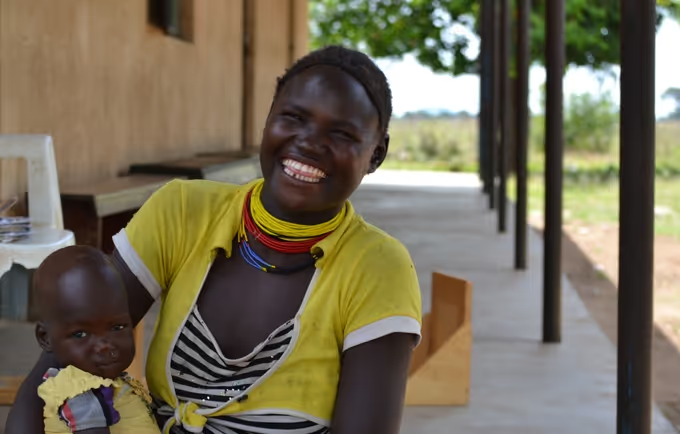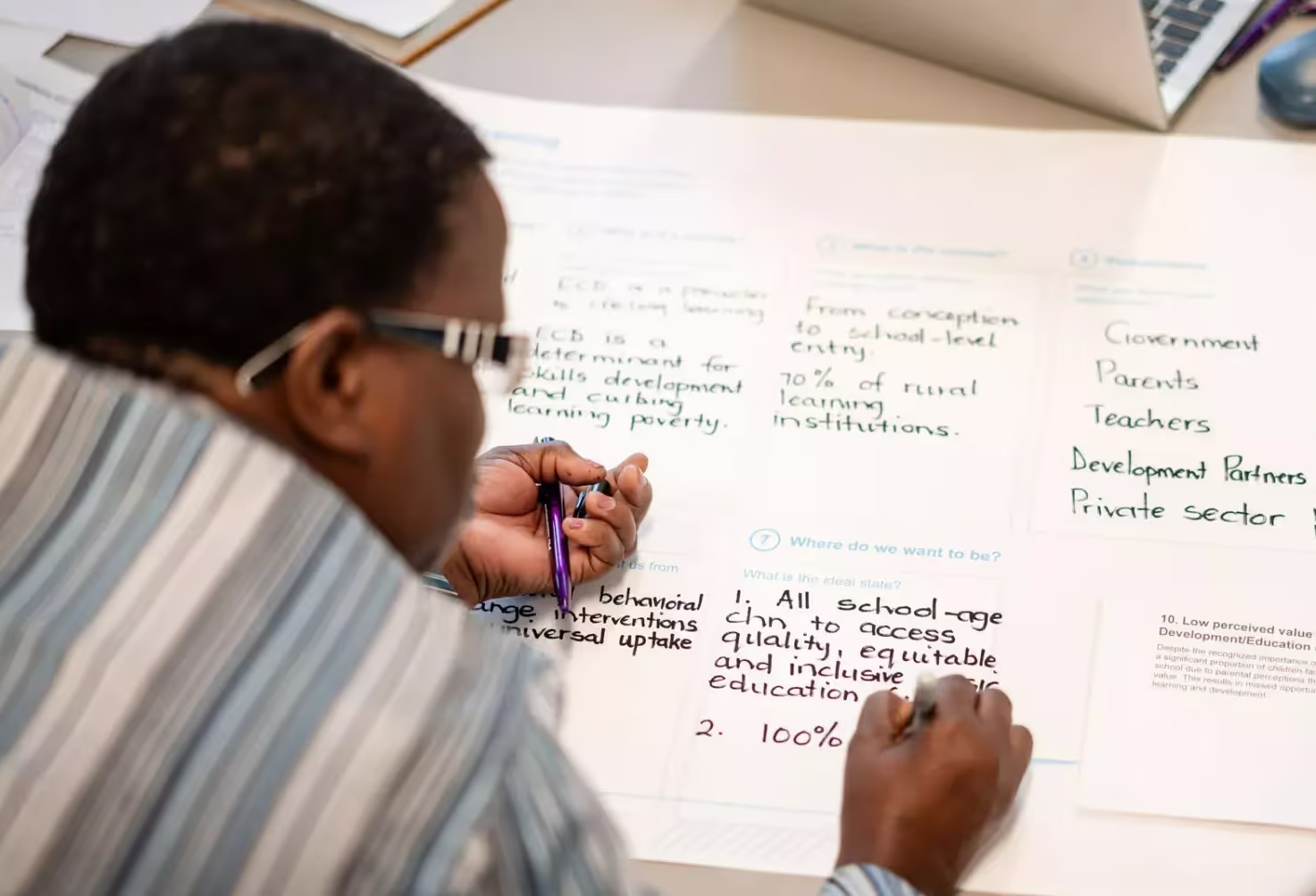Rich Baby, Healthy Family - Using BeSci to encourage saving for antenatal care

Rich Baby, Healthy Family uses both a smart phone-based app and a physical device in the form of a coin to promote saving. Users will be enrolled on the Rich Baby, Healthy Family scheme when they visit a registered health facility for antenatal care or they can register through the Mobile Money platform. As users add money to their account they can watch their savings “grow” through an animation in the form of a pregnant woman’s belly. For users that do not own a smartphone, they will make a mark on their coin punch card to track their progress each time they make a deposit to their mobile money savings account. The users will also receive regular reminders to save so that they can reach their goal. Once the goal is reached, money will be transferred from their savings account to the health facility to cover the costs of receiving maternal healthcare.


.avif)

